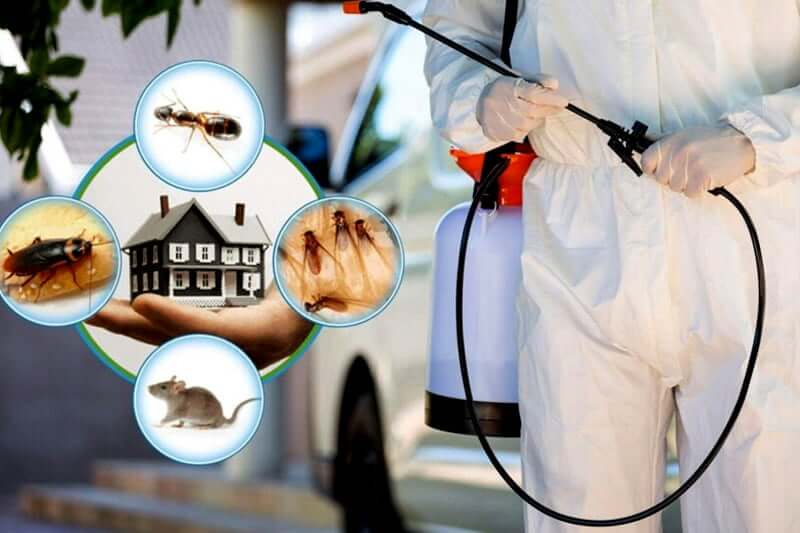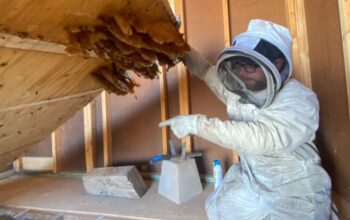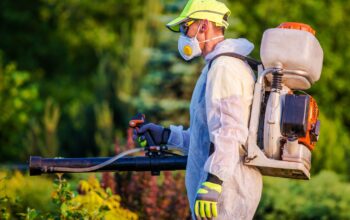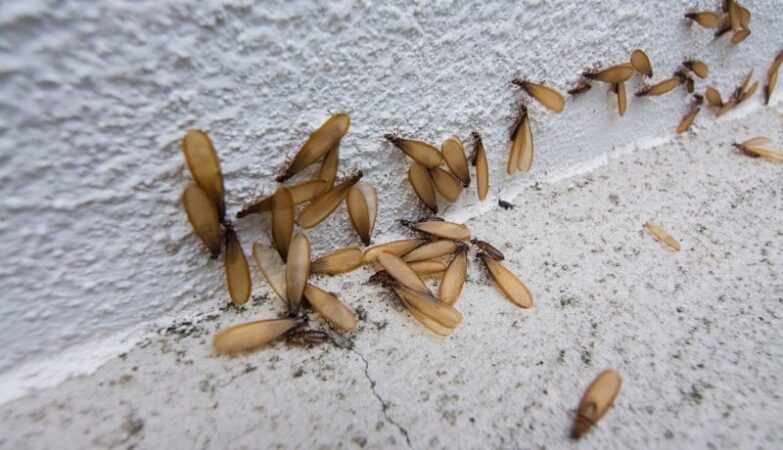Organic Pest management including Pest Control in Portland means the use of methods that are environmentally friendly in the handling of pests. They include the use of natural enemies, bio control agents , and measures that avoid the use of a chemical pesticide. Common to most techniques, eco-specific pest control seeks to eliminate the pest while at the same time trying to address the causative factors that lead to pest breeding in the first instance to minimize reinvasion.
In what ways can pest control that is friendly to the environment minimize recurring expenses?
The conventional pest control measures require application of chemicals in regular cycles and this leads to a continually recurring cost. Such measures nevertheless are preventive or maintainable and thus pose a curb on many expectations of re-treatment. For example, sealing cracks and gaps, cleaning, and integrating natural predators to brush off unwanted pests in the end bring about savings in the long run because various conditions that invite pests are eradicated.
Does the Green Pest approach increase the value of the properties?
Integrated pest management can therefore be seen as having the potential to boost the value of a property through a roundabout manner. Healthy homes and offices with no toxic chemicals are preferred by well-aware customers and tenants. Also, the application of environmentally friendly activities generally supports real sustainability measures, thus enhancing the value of properties from the viewpoint of environmentally conscious individuals. This in the long run, enhances the value of the property for resale or rental, managing to pay for the cost of employing eco peculiar pest control methods.
How do you explain the reduced maintenance and its contribution to the saving cost?
In this type of pest control, prevention is achieved through correction of structural flaws and general property enhancements. Using insect exclusion techniques, any gap that pests may use to access a building should be closed such as gaps, cracks, and any leaks, screens should be fitted. These are measures that minimize further future repair and maintenance, therefore a property with more of them attracts lower costs in the long end.
Can one save or earn money by lowering health risks?
Suitable environmental pest control reduces the rate of employing toxic chemicals which might be irritating to the human skin. This can lead to improved health of the occupants, and therefore medical problem frequencies might drop along with insurance costs. Better lifestyles and places to live and work also seem to contribute to reduced cases of sick days thus acting as social saving for both consumers and producers.
In what manner does green pest management further the sustainability objective?
Using organic pest control methods for their properties, pest control supporters fund practices that have minimal effects on the environment. In the long run, it will go a long way in nurturing general community gains like whiter waters and healthful ground. These collective advantages are manifested by reduced costs for waste management and /or the restoration of the affected environment hence, making eco-friendly management and control of pests a sound financial investment in the long-run.
Conclusion
Organic pest control is not only the right thing to do for the planet, but in most cases, it can also be the wise thing to do for business. This makes it prudent as it cuts onetime expenses, increases the value of property and Related this instructional model is more effective as it promotes sustainability through prevention, long-term change keeping expenses for recurrent costs low. As a result of everything that has already been mentioned, pest control under its eco-friendly perspective is a worthy approach while saving money at the same time as its consequences are healthier population and environment.








